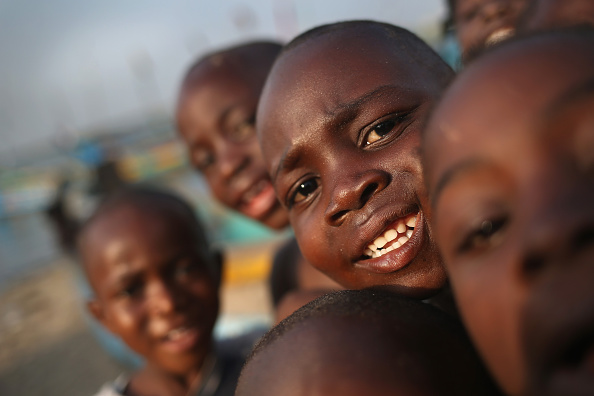
For the second time, Liberia has been declared to be free of the Ebola virus. The West African country is now in a 90-day period of heightened surveillance that is intended to prevent the disease from re-emerging, according to the World Health Organization said.
Liberia was the hardest hit of the countries in West African that have been beset by the disease. More than 11,000 people have died in West Africa since the outbreak started more than 18 months ago. It is the worst Ebola epidemic on record. Liberia has had more than 4,800 deaths, but still it has had more success in bringing the outbreak under control than its neighbors, Guinea and Sierra Leone, which are still struggling to end their outbreaks.
Liberia was first declared Ebola-free in May, but more cases were diagnosed in late June and six additional cases were eventually identified.
"WHO declares Liberia free of Ebola virus transmission in the human population," the international health agency said in a statement. The country is considered to be free of Ebola because 42 days, which is twice the maximum incubation period of the virus, have passed since the last confirmed case was cured. That person tested negative for the disease on July 22.
Dr. Francis Kateh, the deputy head of Liberia's Ebola response team, told the media that Liberia will remain vigilant. "Today is a day to celebrate but we should not forget what we have learned.As long as there are still cases in the sub-region, we are still not free," he said.
The most likely reason that Ebola came back after Liberia was declared Ebola-free the first time is that it had been sexually transmitted. The virus can survive in semen longer than the usual 21-day incubation period.
In Sierra Leone, the outbreak has slowed, but is still ongoing. A woman who died on Saturday was found to test positive for Ebola, less than a week after the last person who was confirmed to have it was released from hospital.
